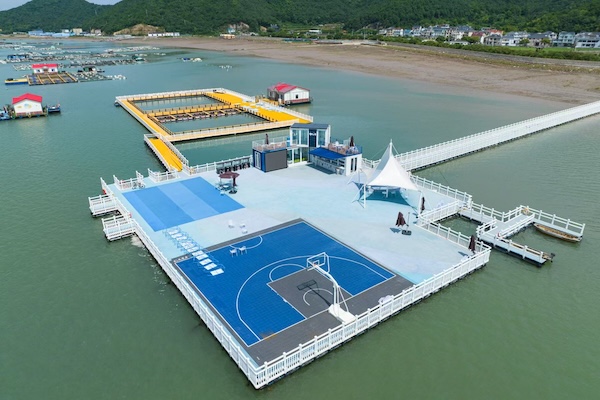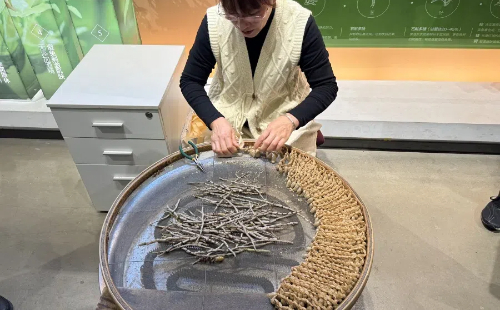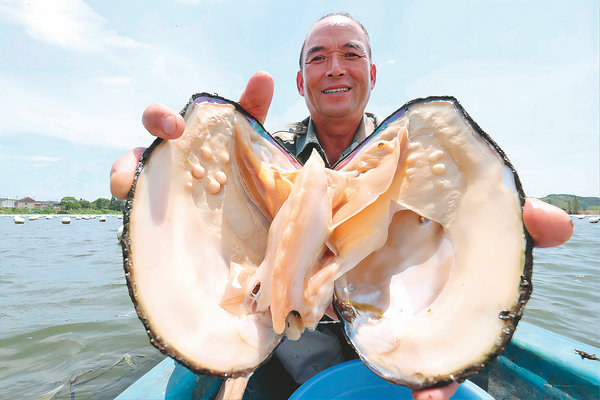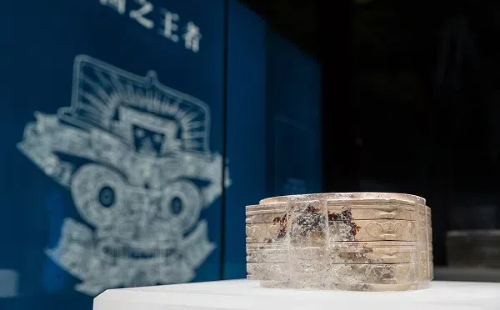Sustainability key to high-quality development in Xiangshan county

In 2021, Huangbi'ao township of Xiangshan county started the pilot program of replacing traditional wooden and foam fish rafts with environmentally friendly composite materials such as carbon fiber and PE. [Photo provided to chinadaily.com.cn]
Sustainability has become a buzzword for the high-quality development of Xiangshan county, Zhejiang province.
Blue carbon trading first attempted in Xiangshan is one such example.
Zhu Wenrong founded Xiangshan Xuwen Seaweed Development Co Ltd in 2008, which now accounts for about 75 percent sales of moss production in China.
As explained by Zhu, moss, seaweed and kelp, which are widely grown in the coastal areas of Zhejiang, can effectively absorb carbon dioxide. As part of the company's efforts to help reach China's goals of carbon peaking and carbon neutrality, Xuwen teamed up with the local government in 2020 to calculate the carbon absorption resources of local algae companies.
Based on this, a blue carbon auction was held in Xiangshan on Feb 28, 2023, the first of its kind in China. A local manufacturing company won the bid to expand its carbon sink.
Jointly built by Ningbo Property Exchange Center, Xiamen Property Rights Trading Center and the Xiangshan local government, a cross-provincial blue ecological carbon account was launched in Xiangshan in March. The new account mechanism is responsible for the registration, trading, cancellation and application of blue carbon ecological products.
Such blue carbon trading has also largely stimulated algae farmers' enthusiasm, said Zhu.
More financial products, such as carbon insurance, can be derived from such blue carbon trading, he said, adding that more eco-friendly materials have also been used in fishery. In 2021, Huangbi'ao township of Xiangshan county started the pilot program of replacing traditional wooden and foam fish rafts with environmentally friendly composite materials such as carbon fiber and PE.
Up to 20 percent of breeding space has been saved while the survival rate of fish fry has been lifted by 15 percent. As a result, profits have reached 600 yuan ($83) per square meter, up from 200 yuan per sq.





 play
play